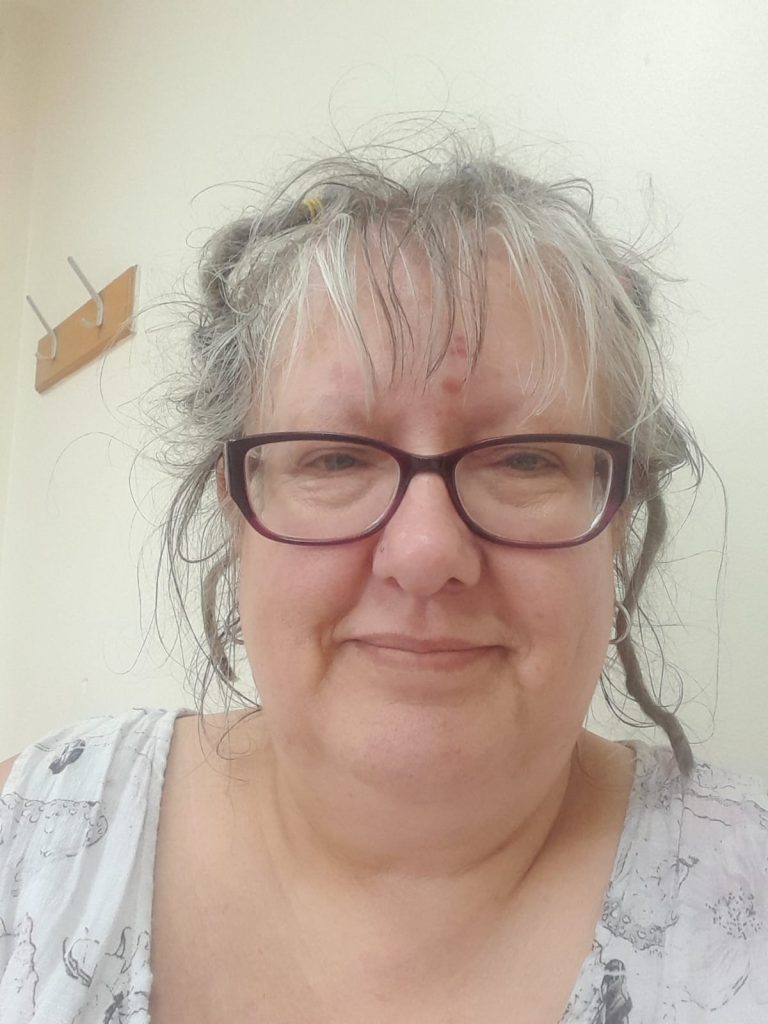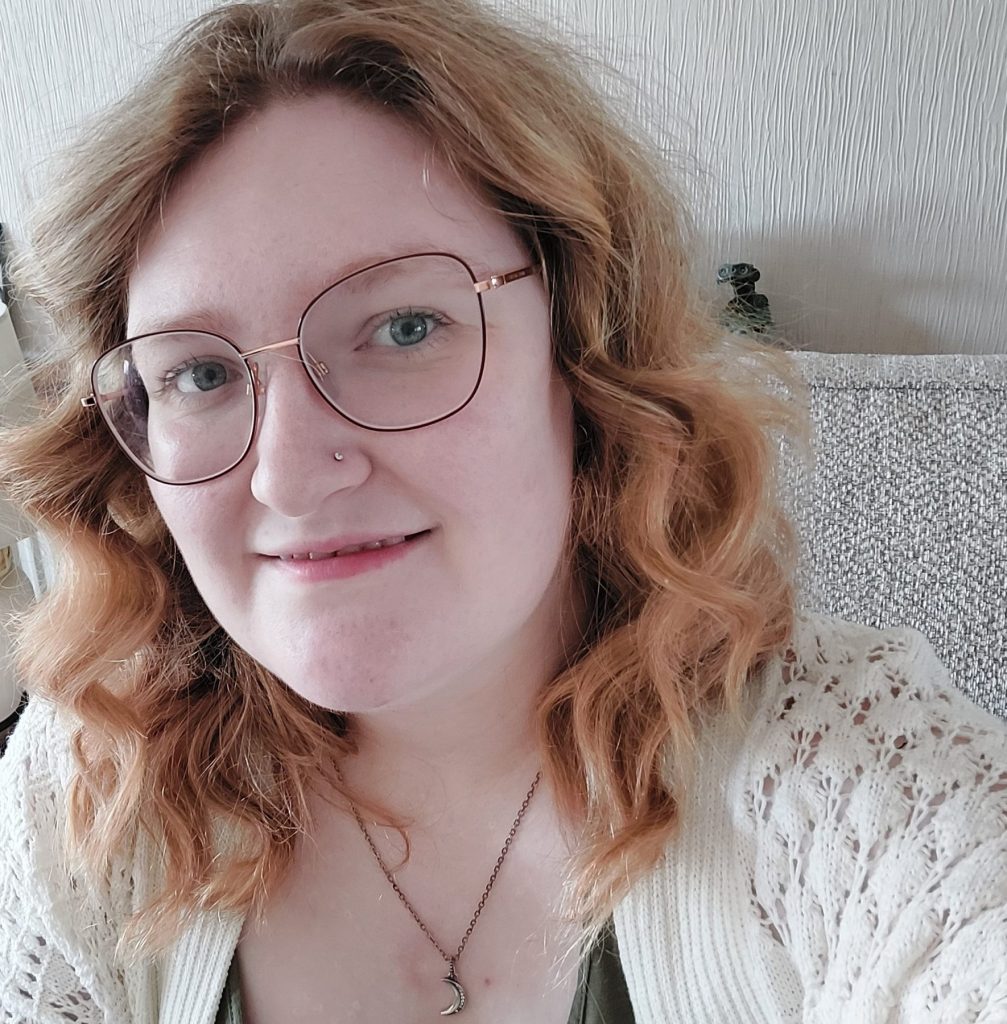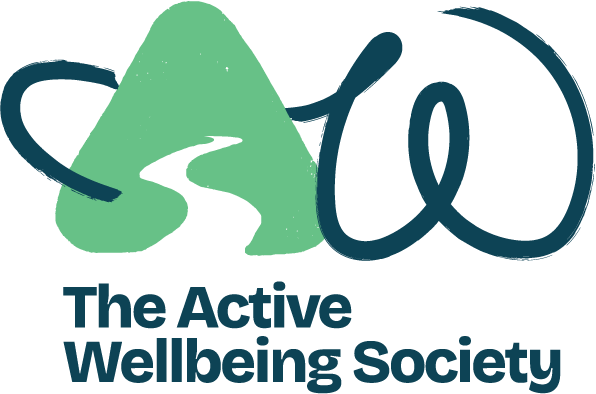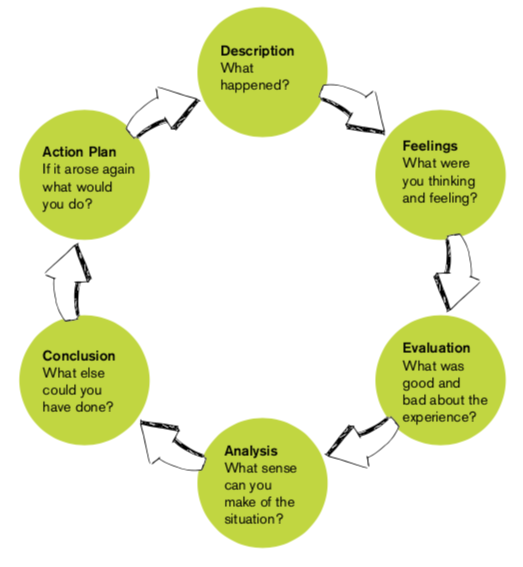At the Active Wellbeing Society, we recognise the role we play in the systems we seek to change. So since we're serious about driving positive system change, we begin within ourselves. Reflective practice is one way we can become more aware of our own unconscious beliefs and habits. We spoke to Julie, who facilitates our reflective practice sessions and Heather who has taken part in them, to find out about how they use the tool day to day and what they've learned in the process.

Julie
Mental Health Services Advanced Practitioner
Julie drew upon her experience of supporting people with multiple complex needs to design our reflective practice programme and facilitates regular sessions with colleagues. She shares what she has learned:

Julie
Mental Health Services Advanced Practitioner
- Phone:+1 (859) 254-6589
- Email:[email protected]
Reflective practice is a chance to sit down, have a cup of coffee and chat through what’s been going on for you, good and bad. The hope is you come out with some answers, feel better and reflect on what you’re doing and learning.
Often I’d have people approaching me and saying I’ve had this really terrible conversation and I didn’t know what to do. In mental health, it’s what we’ve been trained to do, but actually anybody who’s dealing with people needs that chance to get things off their chest.
So we started piloting reflective practice with the physical health connectors. It was open to anybody that was working in communities. And so we met monthly for six months and got feedback that it really, really helps and it made people feel better. Also that it helps with work life balance, because you don’t take as much home with you. It also it helped us to bond together as different teams because we’d all got that shared desire to help people.
We have a group agreement to start with that comes from the group. So for example, everything that is discussed within reflection stays in reflection space (unless there’s a safeguarding concern). I think it’s the fact that it’s a separate entity and doesn’t feed into the one-to-ones or the appraisals means people aren’t judged on it in any way shape or form.
So it’s just about being really transparent and open and not setting myself up as the expert. If somebody raises something, I’ll go around the whole table and everybody will feed into it. I think it’s really important to provide feedback to people when they’re bringing stuff and acknowledging it’s really brave thing to share your worries with a group of your peers.
I have found that people do share. It’s really nice to see that because at work, you’ll see people beavering away and think they’ve got it sorted. But actually underneath most of us are going, “Did I do that right? Am I OK?” So it kind of humanises the people that you’re working with and you actually get to know them on a fundamental level.
I think the key process actually is to be reflective and give yourself time to sit back and look at your practice, without beating yourself up. So it’s reflective with the view to learning as opposed to reflective with a view to telling yourself how bad you are.
We tend to think “I did this so badly” but actually 9 times out of ten you can pull out things that went well. Sometimes if you can understand why you’ve done something a certain way that opens up a whole new area for development. So it might be, I’ve discovered that I’ve got an unconscious bias about this. Then you can go back and do some work on it. I think it’s a great tool, to be able to look at yourself honestly and say let’s do some work on it.
I’ve learned that the people that I’ve worked with really do have a passion for helping people and that they take things seriously. Dealing with the general public can be hard and wearing and you can take stuff home with you. In my profession, you often have a risk assessment, in the community, you just have to take people at face value and deal with whatever is thrown at you in that very moment and that can be hard.
So I think the biggest thing that’s come for me is the need to kind of have a look at some of the other underlying skills that we can share with our colleagues that might not necessarily be day-to-day in their role, but they might need at some stage, so hence kind of the other sort of training that I’ve done.
It’s a really important tool to learn and to develop and do things may be differently going forward.
You’ve just got to allow the time for it. It’s got to come from the top, so that you know it’s seen as a valuable thing. It’s got to become our way of doing things. Then you’ve got to have somebody that’s willing to hold sessions and deal with whatever comes up. It’s about having the time and the space to develop it. It’s about working with people for them to feel that it is valuable and that they’re learning and developing from it.

Heather
Community development worker
Heather coordinates community projects across Birmingham with citizens and partners. Here she reflects on her experience of exchanging thoughts, feelings and insight with colleagues.

Heather
Community development worker
- Phone:+1 (859) 254-6589
- Email:[email protected]
Reflective practice can give you the chance to air and share some problems, not just to keep them to yourself. When you’re working with the community, you will come up against people who don’t appreciate what you’re doing. So with reflective practice sessions, you get a fresh point of view from people outside of your team. While you’re talking, you can work out what your thoughts actually are through that process.
I was with Julie and there were four people in our group. I represented the Active Streets team, there were two colleagues from Share Shack and someone from Hay Hall reception. We met each month for a couple of hours each month in Hay Hall and I went to the ones that I could.
Right at the start, Julie had us create a set of rules. So for example, making sure that everybody got their chance to speak, not interrupting. We wrote them down and it helped establish what we expected to get out of the sessions.
Then we would take it in turns. It could often be someone expressing a problem, then we’d actually all chime in one by one.
So, I talked about anxiety and stress and what I got back was understanding empathy and some tips to relieve that. It makes you feel understood. It makes you feel heard.
You’re in a group with colleagues, who are working within the community who have the same values and who also care about it in the same way that you do and you know that any advice is given from the heart and from experience.
As one of the younger members here, it’s really valuable to hear that experience and hear what other people have been through. Say I might be coming up against something that somebody else has dealt with 20 times and they know how to deal with it now. Instead of me having to go through it 19 more times, they can pass on their knowledge.
Reflective practice creates this space of understanding and compassion and empathy for each other, as colleagues, but also just as people who care about the same things. It created a real sense of friendliness and reciprocity. People give me energy and I can give them back the same energy, the same empathy, compassion.
I think it highlighted, some of the problems other teams go through and allowed me to be more understanding and empathetic. It gives you insight into somebody else’s experiences, both to learn from and also to understand who they are as well which I think is really nice.
So I took what I training I could. I think a big one that came up was like suicide awareness training, which was actually really useful for me personally down the line. Having that knowledge has meant that I am more equipped to deal with it and I feel more confident. There were conversations about making sure that you don’t take on too much, not holding yourself responsible.
There was another one which was about it was connected to the Better Together project, which was a mental health awareness training led by one of the experts by experience. They came along to talk to us and that was really informative.
I think anyone working in communities would really benefit from that training, because I think it gives confidence, some knowledge and more resources as well.
I think that inner reflection and time to think is really valuable for me. Asking myself “How has my practice been?” lets me reflect on what I’m doing and what’s arising for me. Also when other people raise stuff, it means I can reflect on how I would deal with the same issue.
When I talk to my family about my work, they don’t have the same experiences. So to talk to someone who understands it inherently is really nice as well. If you bottled up everything that you’d seen, it’d be really difficult. Everyone is different, but I’ve met people who are really struggling and weigh on the soul a little bit. So to be able to turn around and say “this has been difficult,” it’s like that saying a “burden shared is a burden halved.”
I think it’s good for anyone working in the community, where you see really tough things. When you’re in the job, it’s because you care. I think it’s also really important, while you care about the community, you also take time to look after and care for yourself.
If you're feeling inspired and would like to give reflective practice a go...
If you would like to know more about how you can learn with us as an organisation, contact [email protected] for more information.


